Operation 'Early Breakfast'
Darwin's theory of evolution, driven by natural selection and survival of the fittest, recognized that a species best able to reproduce its genetic material in a given environment would flourish. Without exception, all life today is the genetic descendant of previously living organisms that survived to reproduce successfully. Regardless of the variable time scale between the beginning of an organism's life and the moment of reproduction, all organisms must negotiate their survival demands in an environment subject to change.
Environmental change is a driving force of evolution: individuals who cannot adapt to dynamic external conditions fail to reproduce. Those who survive do so by migrating to more favourable conditions or locally adapting to the changing environment. In situ adaptation is accomplished either by an organism resisting change because of its robustness or accommodating change based on its evolvability. A growing body of experimental data is beginning to suggest that the traits of robustness and evolvability may also be the subject of selection. In other words, Darwinian evolution may select the individual best evolved and the one best able to evolve. Evolvability is undoubted of interest when we consider the velocity of environmental change. This design research asks how we can enhance and accelerate a species ability to accommodate rapid change.
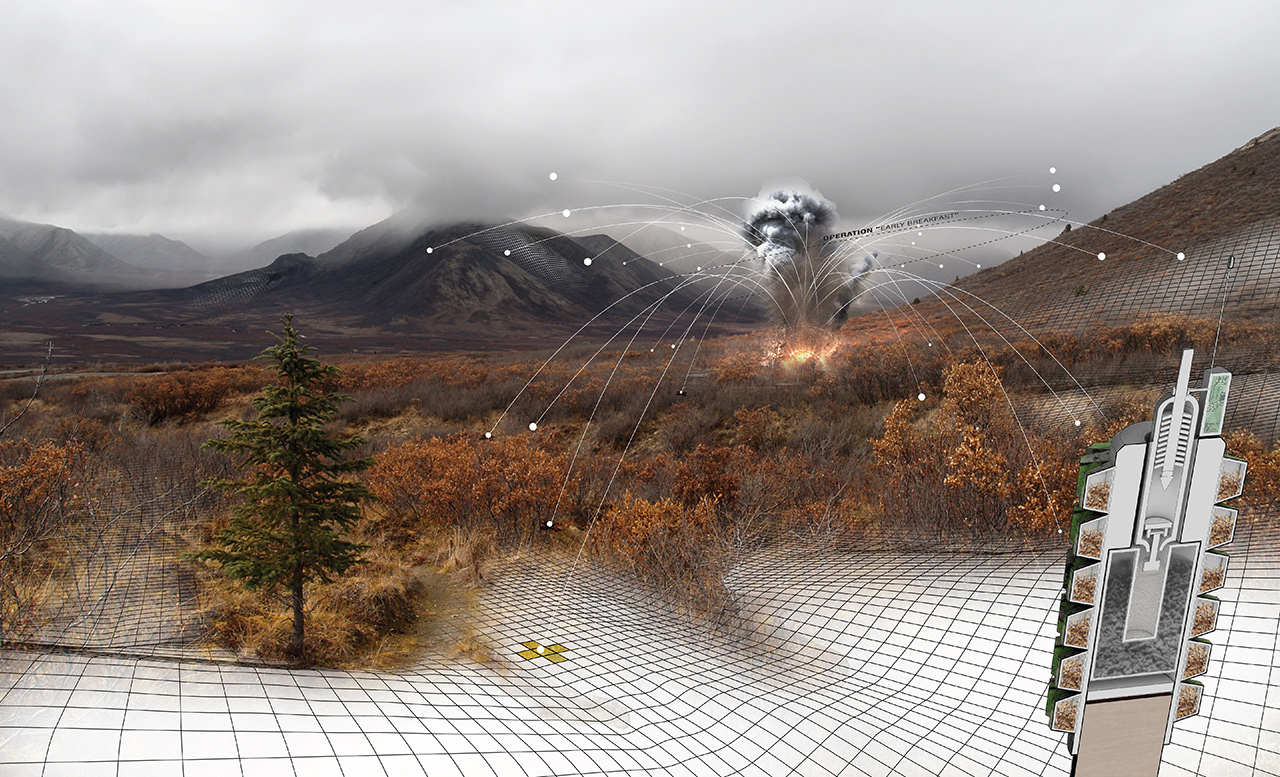
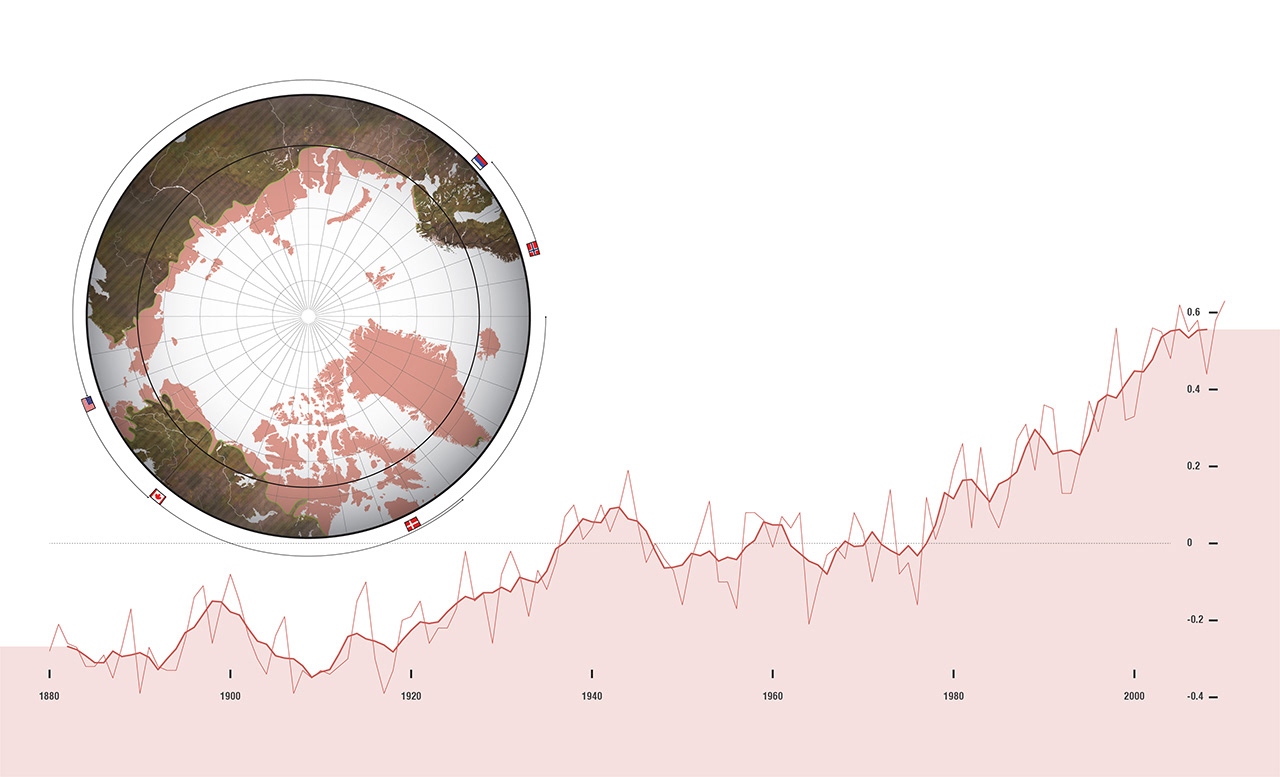
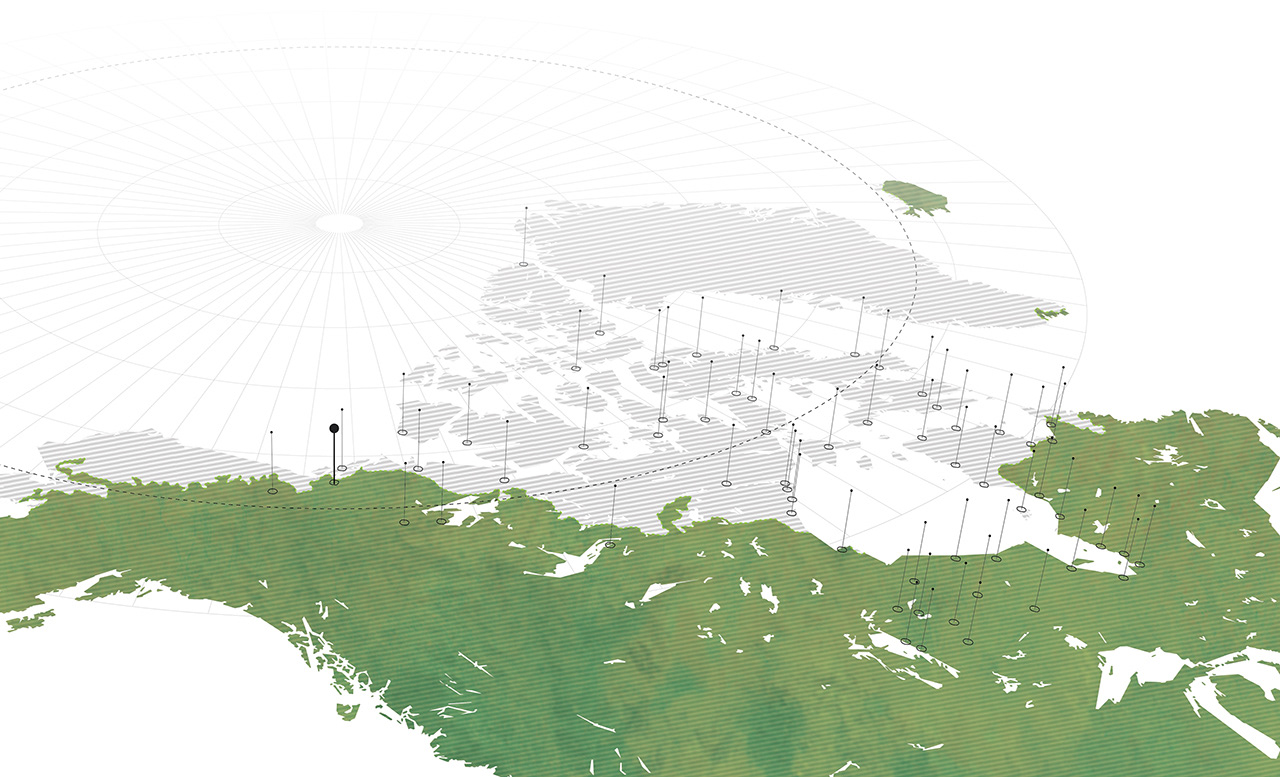

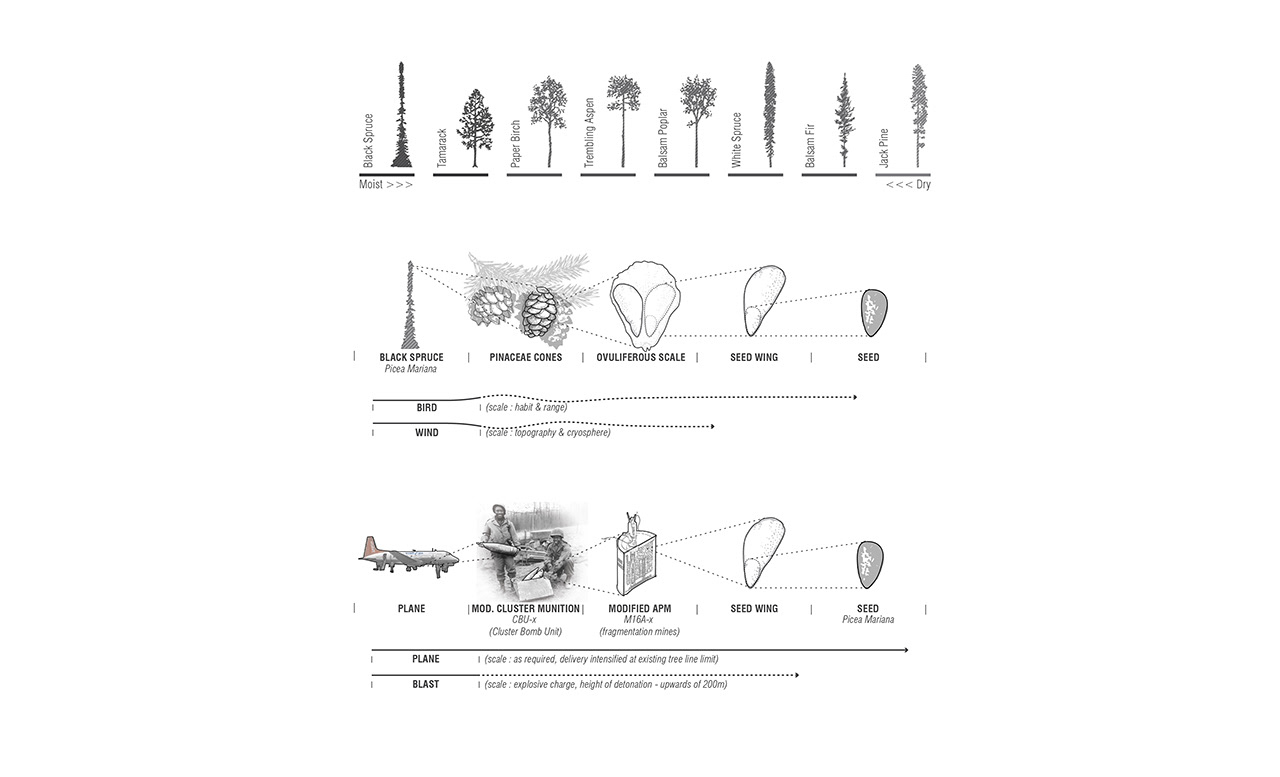
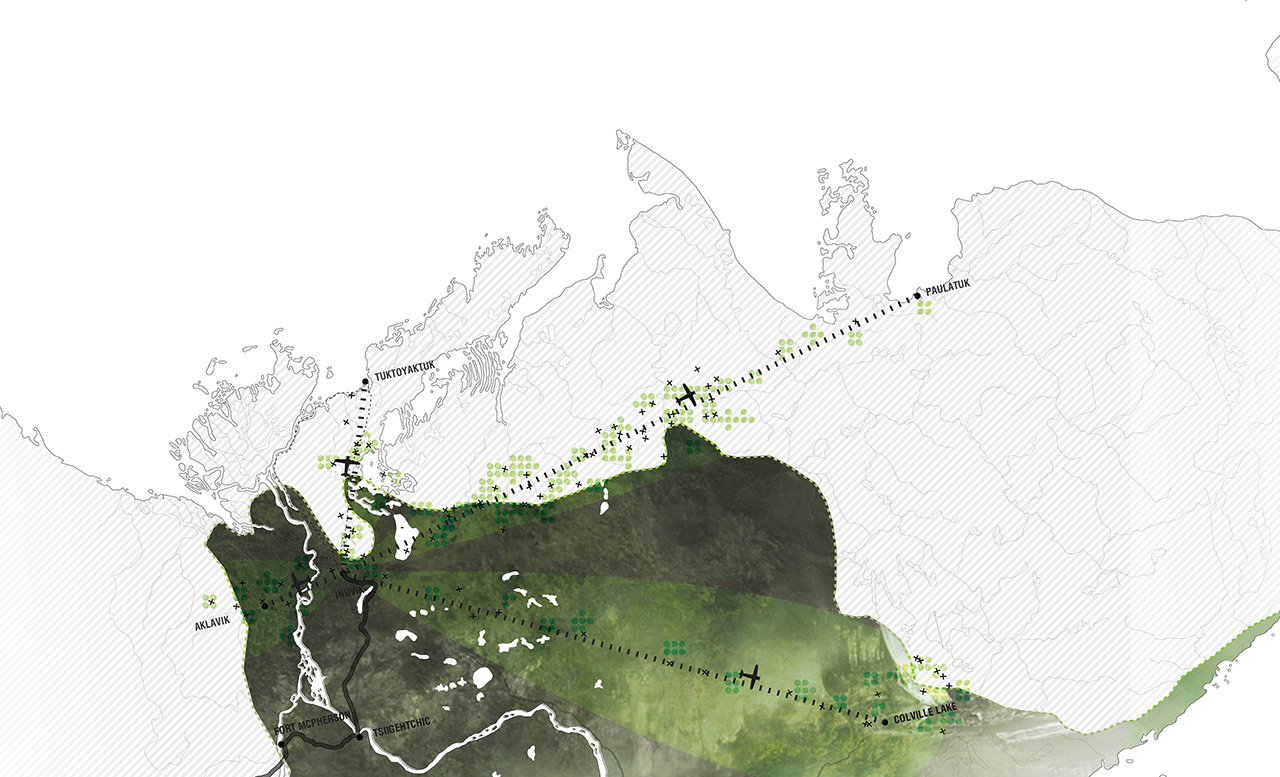
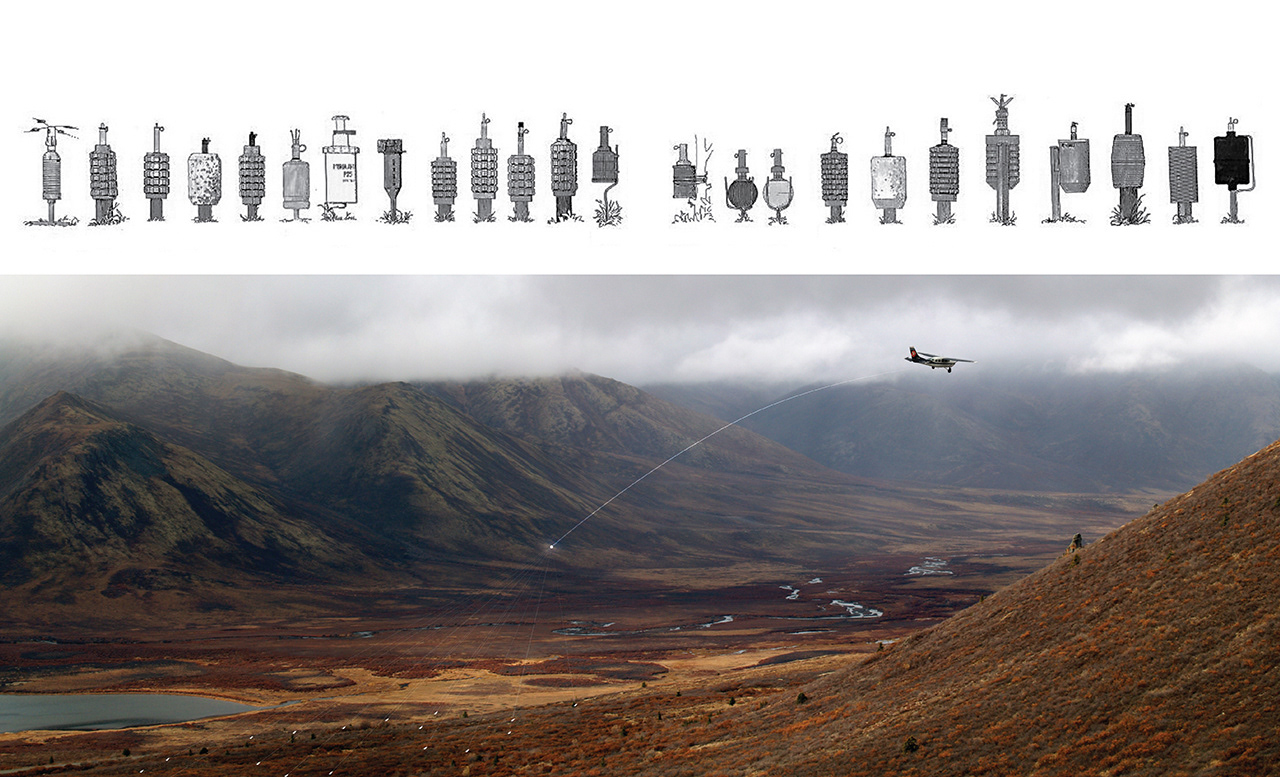

Publication
Operation ‘Early Breakfast’
Bracket 3, At Extremes, edited by Maya Przybylski and Lola Sheppard, Actar, 98-104
Jury: Keller Easterling, Michael Hensel, Alessandra Ponte, François Roche, Hashim Sarkis, Julien De Smedt, Mark Wigley